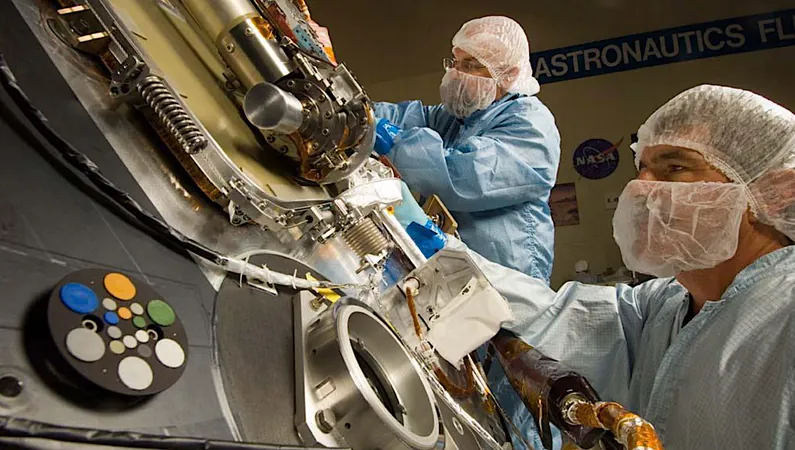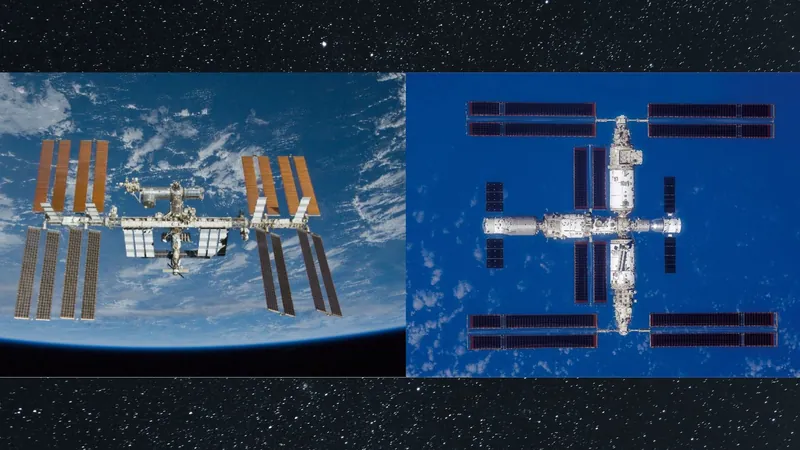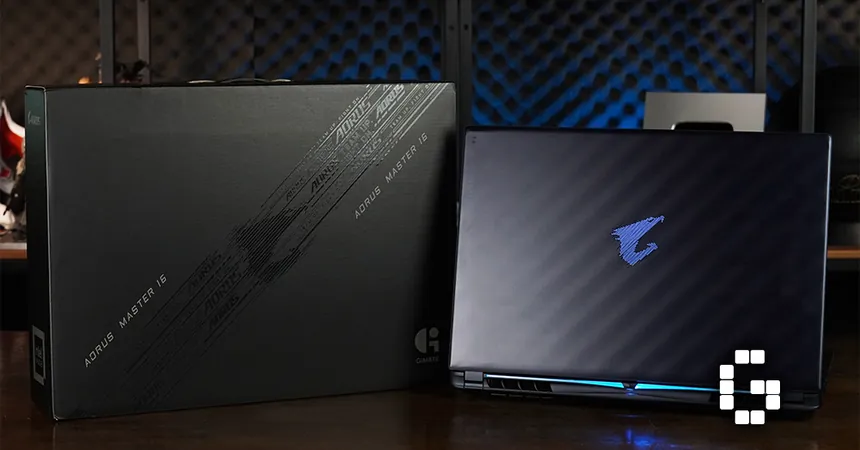
Unveiling the Cosmic Mystery: Genome Sequencing of Paenibacillus Phoenicis from the Phoenix Mars Lander
2025-01-17
Author: Ming
Introduction
In a groundbreaking study, researchers have successfully sequenced the genome of *Paenibacillus phoenicis*, a resilient spore-forming bacterium retrieved from the spacecraft assembly facility of NASA's Phoenix mission. This innovative hybrid assembly technique, which integrates both short and long DNA reads, promises to provide critical insights into the microbial world and its potential implications for space exploration.
Discovery and Environment
The *Paenibacillus phoenicis* strain, cataloged as 3PO2SAT (DSM = 27463T), was discovered in the ultra-clean environments of Lockheed Martin Space Systems' facility in Colorado, where the Phoenix lander was meticulously prepared for its Martian journey. The clean room, classified within a 100,000-class environment, is designed to minimize contamination from Earth-based organisms, emphasizing its significance for planetary protection.
Survival Abilities
This bacterium possesses remarkable survival abilities in harsh environments, such as nutrient-poor cleanrooms and even the deep subsurface of a molybdenum mine, which lies approximately 2,141 meters underground. These capabilities have raised concerns within NASA's Planetary Protection program regarding the potential for *Paenibacillus* to hitch a ride on spacecraft and inadvertently contaminate other worlds.
Health Implications
Interestingly, *P. phoenicis* has recently been found in blood and cerebrospinal fluid samples, marking a significant departure from its traditional isolation sites. This could imply a potential risk to human health, reminding us of the importance of rigorous microbial monitoring for astronauts embarking on future missions. As humans set their sights on Mars and beyond, understanding the implications of such microorganisms becomes more crucial than ever.
Understanding Microbial Diversity
Moreover, the research presents a complete whole-genome tree that positions *P. phoenicis* within the broader *Paenibacillus* genus, thus contributing substantially to our understanding of microbial diversity and evolution. This knowledge not only aids in mitigating contamination risks but also enhances our grasp of how life might adapt to the extreme conditions present on other planets.
Conclusion
As space agencies ramp up efforts for manned missions to Mars, uncovering the secrets of organisms like *Paenibacillus phoenicis* could play a pivotal role in safeguarding extraterrestrial environments while ensuring the health and safety of astronauts. The study signals a critical step forward in astrobiology and the ongoing exploration for life beyond Earth.
Stay Tuned!
Stay tuned as we continue to cover more exciting developments in the race to explore Mars and the universe beyond!





 Brasil (PT)
Brasil (PT)
 Canada (EN)
Canada (EN)
 Chile (ES)
Chile (ES)
 Česko (CS)
Česko (CS)
 대한민국 (KO)
대한민국 (KO)
 España (ES)
España (ES)
 France (FR)
France (FR)
 Hong Kong (EN)
Hong Kong (EN)
 Italia (IT)
Italia (IT)
 日本 (JA)
日本 (JA)
 Magyarország (HU)
Magyarország (HU)
 Norge (NO)
Norge (NO)
 Polska (PL)
Polska (PL)
 Schweiz (DE)
Schweiz (DE)
 Singapore (EN)
Singapore (EN)
 Sverige (SV)
Sverige (SV)
 Suomi (FI)
Suomi (FI)
 Türkiye (TR)
Türkiye (TR)
 الإمارات العربية المتحدة (AR)
الإمارات العربية المتحدة (AR)